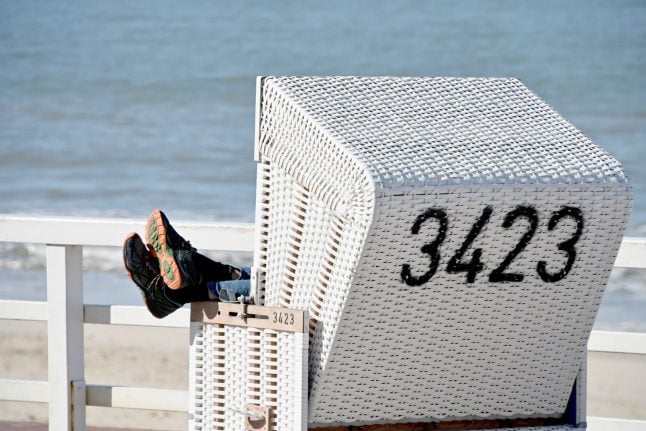For holidaymakers on the North Sea islands and the Halligen, there is an extended deadline – non-residents have to leave by November 5th so the capacity of ferry traffic is not overloaded, the state government announced in Kiel on Friday.
The government made the statement following decisions taken by the federal and state governments for a partial lockdown, which will start on Monday, November 2nd and will last four weeks.
Chancellor Angela Merkel and the state leaders decided that “overnight accommodation in Germany will only be made available for “necessary and explicitly non-tourist purposes” during the partial lockdown.
In Schleswig-Holstein, with a few exceptions, stays in hotels, guesthouses and holiday homes will no longer be offered for the next four weeks.
But accommodation for professional (eg business trips) or social-ethical reasons (eg burial or terminal care) as well as for medical purposes such as accompanying children during a hospital stay will continue to be permitted, a government spokesperson explained.
READ ALSO: Coronavirus shutdown – can I travel within Germany in November?
Tourist favourite – but with strict rules
The northernmost state of Germany is known for the beauty of its coastline and islands such as Sylt, which attracted people from all over the country and beyond.
But it has been in the spotlight in recent weeks due to having some of the strictest rules in Germany when it comes to controlling coronavirus.
The state banned people from certain 'hotspot' districts in Berlin instead of viewing the capital as one area. But these rules were overturned after an outcry.
It highlighted the issue of states having different internal travel restrictions, causing confusion for people in Germany.
As The Local has been reporting, states around Germany are currently meeting to enforce the measures agreed by Merkel and the state leaders.
Although states are following the regulations, there may be slight differences. For example, Bavaria is opting for tighter rules on private gatherings.
The shutdown will take place from November 2nd until November 30th.



 Please whitelist us to continue reading.
Please whitelist us to continue reading.
Member comments